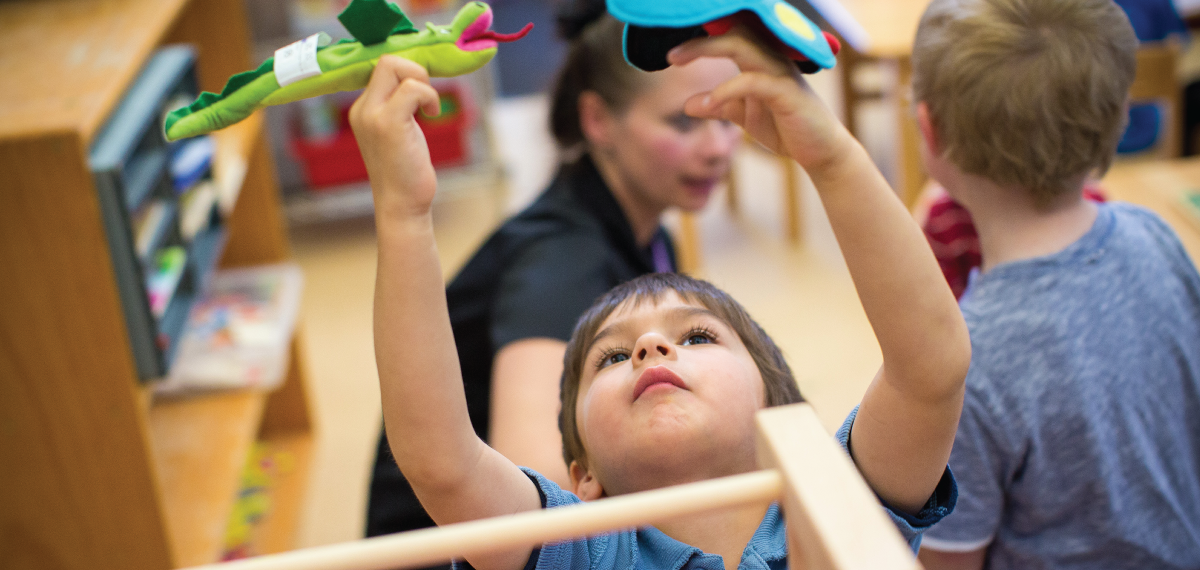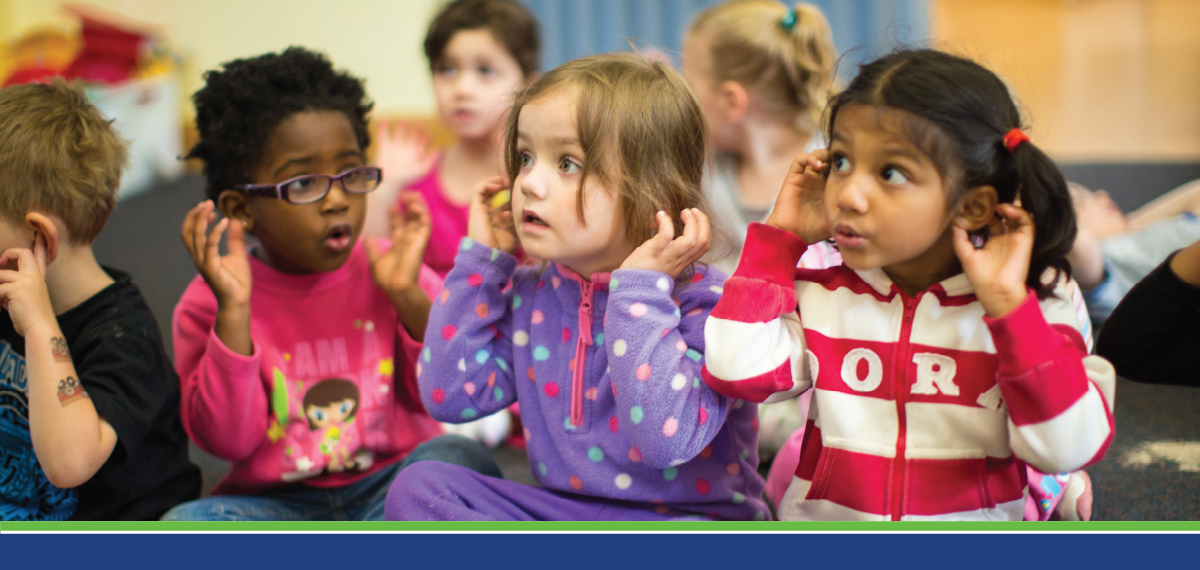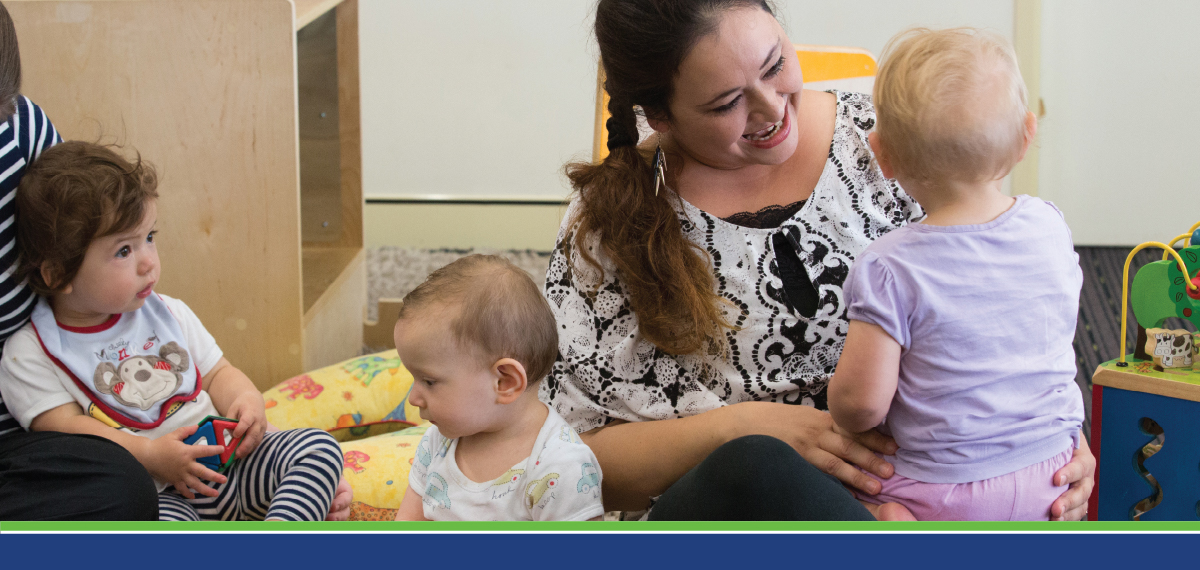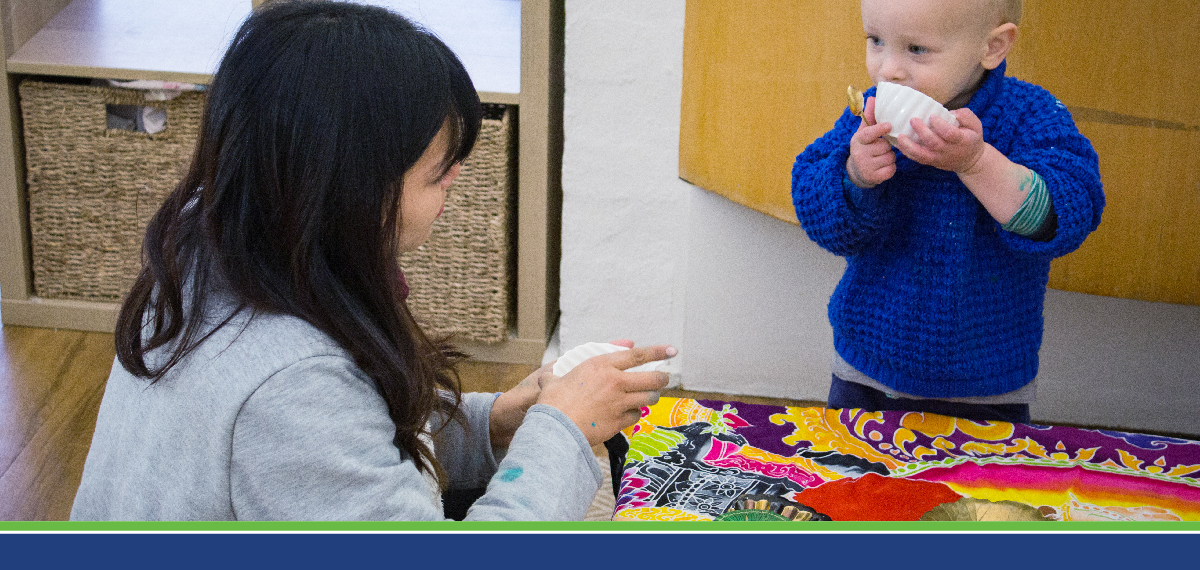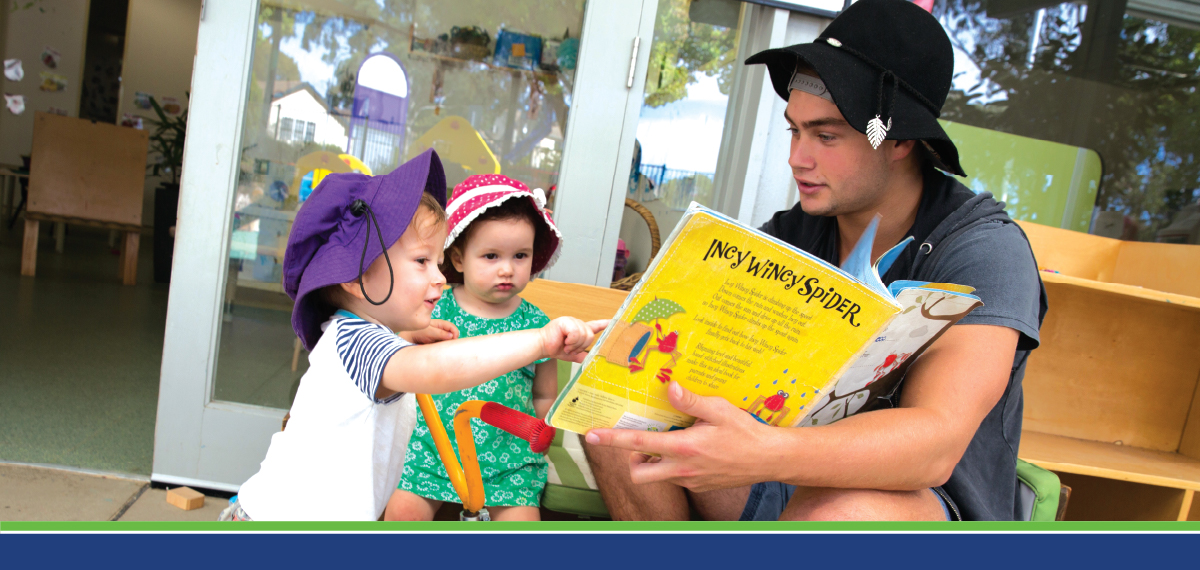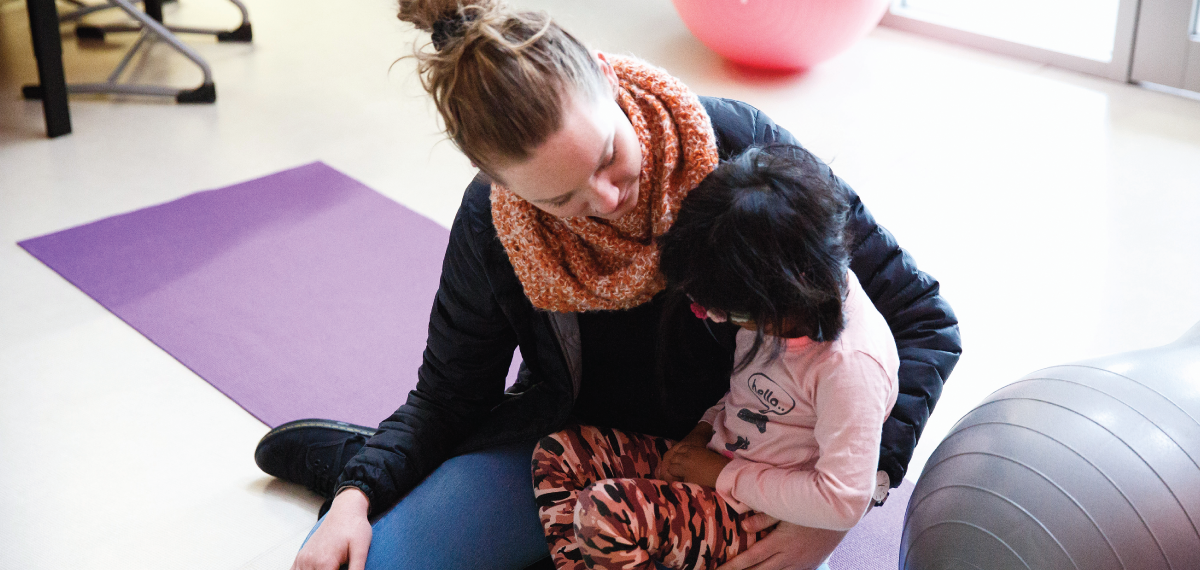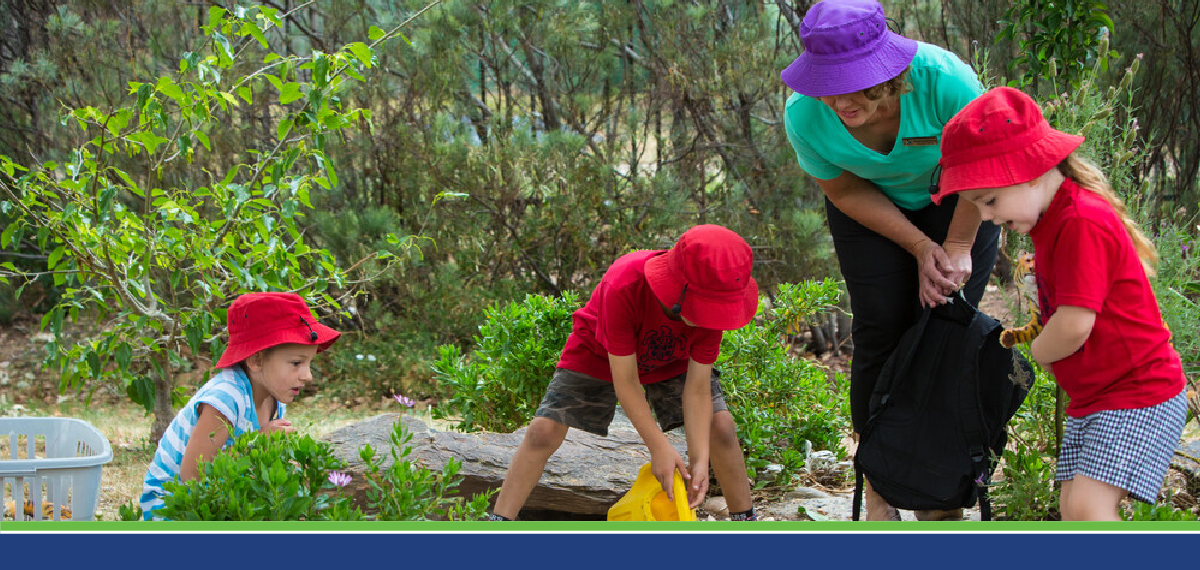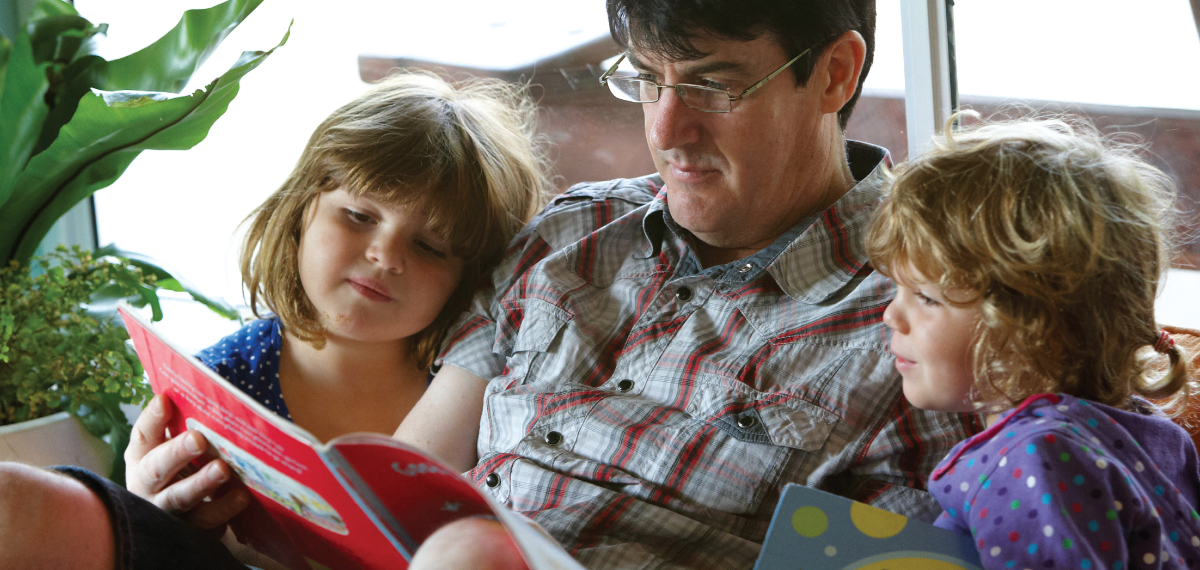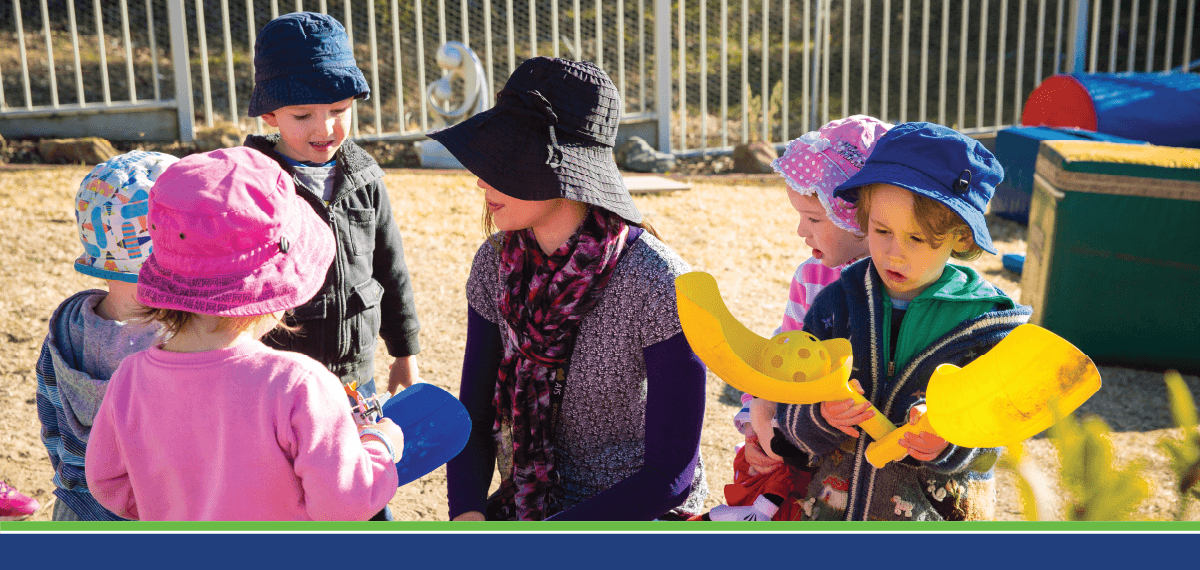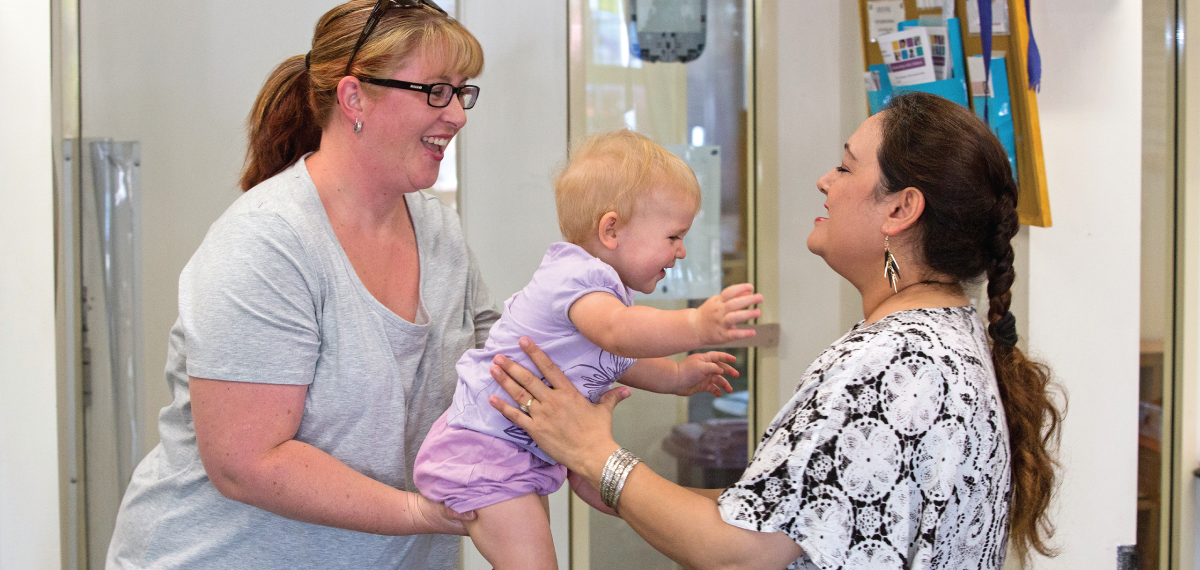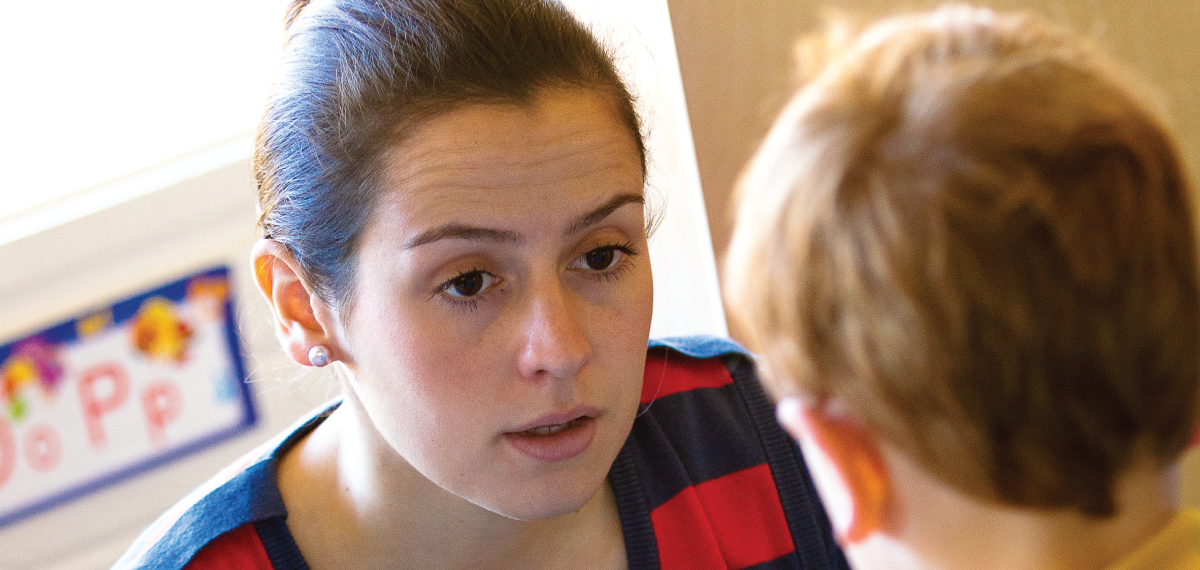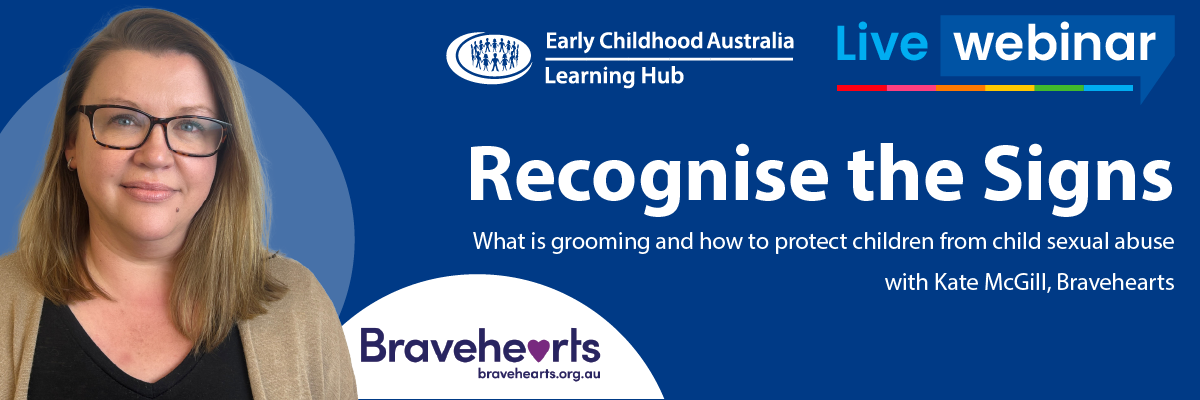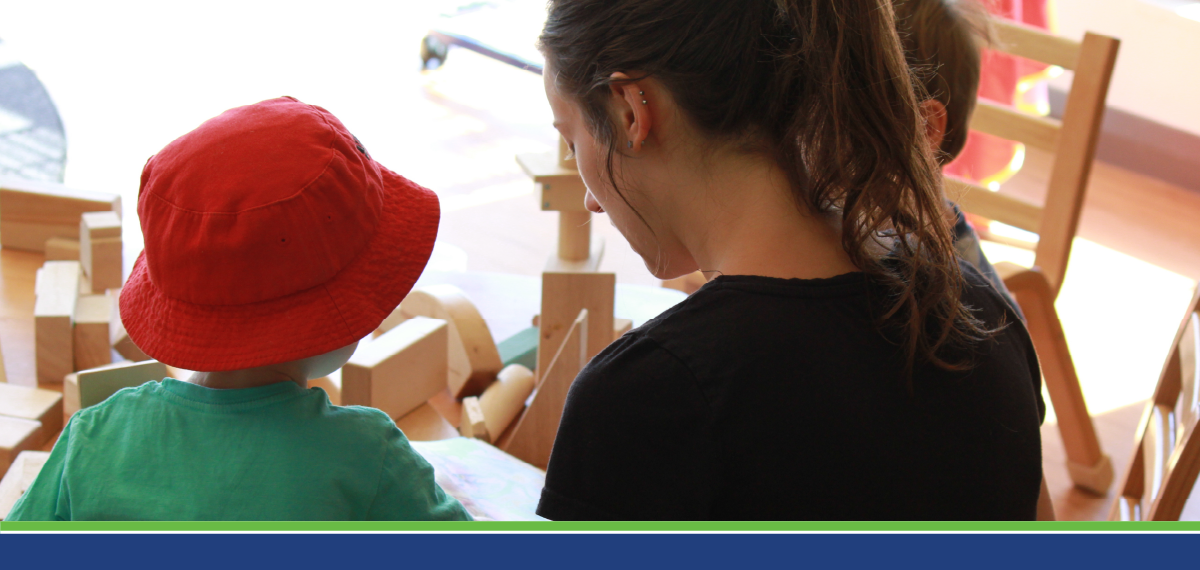
Australia’s population is one of the most culturally and linguistically diverse in the world, with an increasing number of children growing up in homes where more than one language is spoken. These children may also transition into early childhood education and care settings where many languages may be present. This reality presents a range of challenges and opportunities for early childhood professionals who educate and care for diverse groups of young children and their families.
This webinar explores the topic of childhood bilingualism and how early childhood educators can help bilingual children develop language and communication skills during the early years. The webinar also looks at supporting bilingual educators as well as how to share language and culture with young children and their families.
In this course, you will explore:
- different terms and types of bilingualism during childhood
- the various factors that influence language development in young children learning more than one language
- the benefits of bilingualism for children and their families
- how to identify and promote factors that support bilingualism during early childhood.

